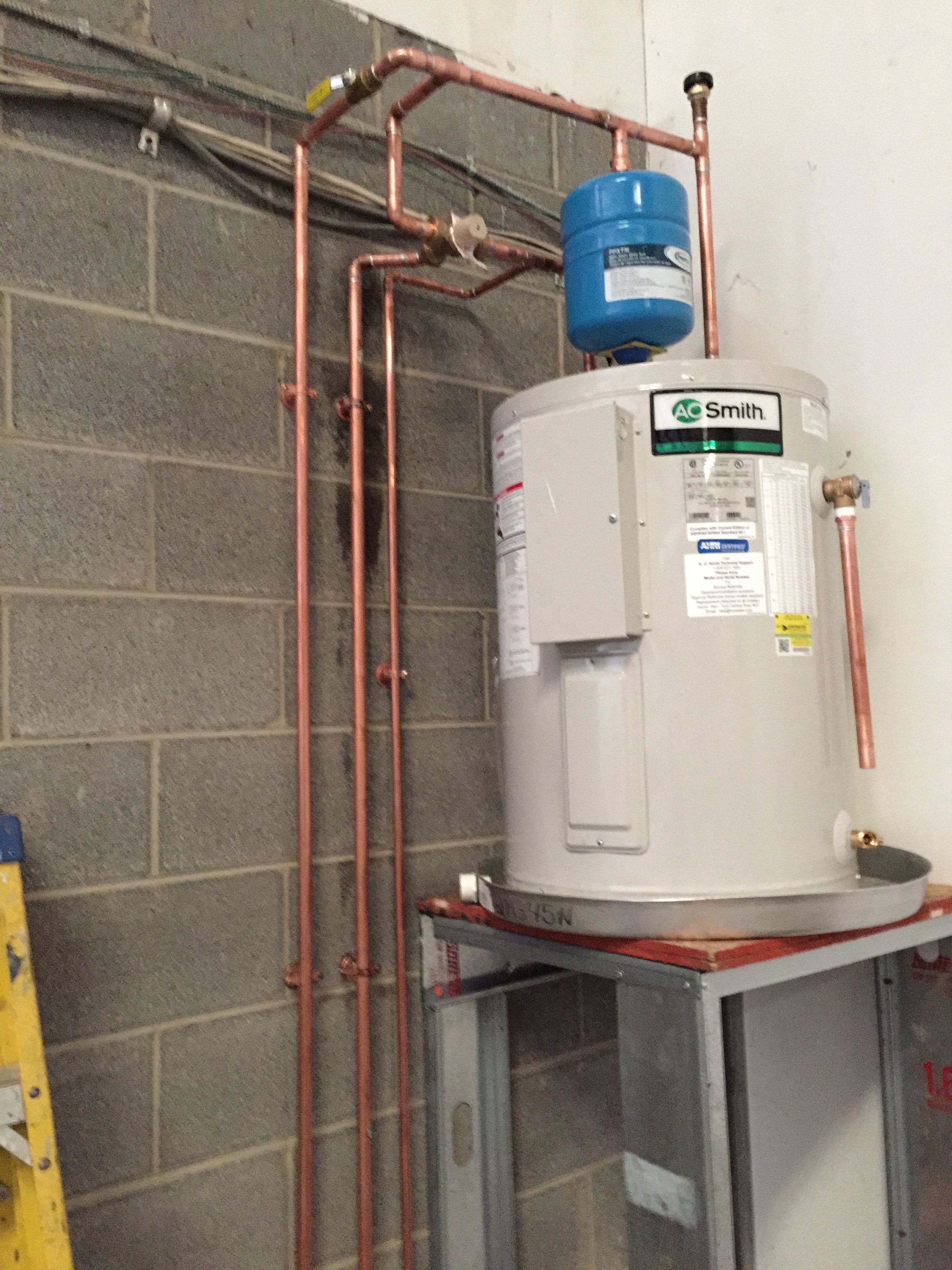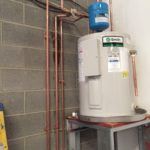If you’ve ever had issues with your water heater, you might have come across terms like “water heater repair” and “water heater replacement.” While they sound similar, these are actually distinct services that address different needs. Understanding the difference can help you make an informed decision, potentially saving on costs and ensuring your water heater functions efficiently. Here’s a closer look at what sets these two approaches apart and why knowing the difference is essential.
1. Understanding Water Heater Repair
Water heater repair is the go-to solution when there’s a specific issue, such as insufficient hot water or unusual noises, that doesn’t require a complete replacement. This process focuses on fixing the components causing the problem without replacing the entire unit. Here’s a closer look at what repair involves:
- Targeted Fixes: Repairs usually involve replacing faulty parts like thermostats, heating elements, or valves. Technicians troubleshoot the issue and replace or adjust only what’s necessary to restore function.
- Quick and Cost-Effective: Repairing a water heater is typically faster and more affordable than replacement, making it ideal for minor, fixable issues that don’t compromise the overall integrity of the unit.
- When to Opt for Repairs: Repairs work best if your water heater is relatively new and has not experienced significant issues before. It’s an efficient solution for localized problems that don’t affect the water heater’s entire function.
2. What Is Water Heater Replacement?
Water heater replacement, on the other hand, involves installing a completely new unit, which is necessary if the current heater is beyond repair or too old to operate efficiently. Here’s how replacement differs from repair:
- Comprehensive Solution: Replacement addresses all aspects of the water heating system. It’s ideal if the current heater is leaking, has multiple failing components, or is nearing the end of its lifespan.
- Long-Term Benefits: A new water heater can improve energy efficiency, reduce future repair costs, and provide a more consistent supply of hot water. It’s an investment in both comfort and cost savings over time.
- When to Choose Replacement: If your water heater is over 10-15 years old or requires frequent repairs, replacement may be more cost-effective in the long run, especially if it’s no longer under warranty.
3. Key Differences and Why It Matters
While both repair and replacement aim to restore hot water, their long-term impact and costs are different:
- Longevity: Repairs extend the life of your existing unit but are generally a temporary fix, while replacement provides a fresh start with a new, warrantied unit.
- Energy Efficiency: Newer water heaters are often more energy-efficient than older models, which can reduce energy bills over time.
- Cost and Investment: While repairs are less expensive upfront, frequent repairs add up. Replacement may be the better investment if you’re looking for a more durable and reliable solution.
4. Which Option Is Right for You?
To determine whether repair or replacement is the best choice for your water heater, consider these factors:
- Age of the Water Heater: Older units nearing the end of their lifespan (10+ years) often benefit from replacement.
- Frequency of Issues: If repairs are becoming frequent, replacement might be more cost-effective and reliable.
- Energy Efficiency Goals: For those aiming to lower utility costs, a newer, more efficient model could be worth the investment.
5. How Professionals Decide on Repair vs. Replacement
Certified technicians will evaluate the condition of your water heater, inspecting components and assessing whether repair or replacement is the best course. Using advanced diagnostic tools, they identify issues quickly and provide recommendations based on the unit’s condition, your budget, and your long-term needs.
- Repairs for Component Failures: If only one part, like the thermostat, is malfunctioning, repair can be a quick and effective solution.
- Replacement for Major Failures: When the tank or multiple components fail, replacement is usually recommended to avoid future issues.
6. Benefits of Routine Water Heater Maintenance
- Preventive Care: Regular maintenance can help prevent major repairs and extend the lifespan of your water heater.
- Improved Efficiency: Routine maintenance ensures the heater operates at peak efficiency, potentially lowering energy bills.
- Reduced Risk of Breakdowns: Proper maintenance helps catch issues early, reducing the risk of unexpected breakdowns.
Final Thoughts
Choosing between water heater repair and replacement depends on the age and condition of your unit, as well as your efficiency goals. While repairs can provide a quick and cost-effective fix, replacement offers a more comprehensive, long-term solution. For lasting peace of mind, consider regular maintenance and consult a professional to determine the best course for your water heater.





